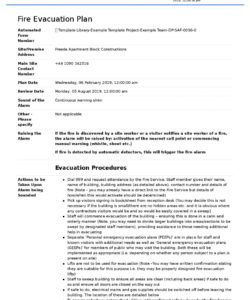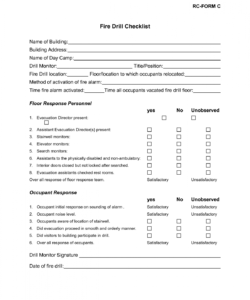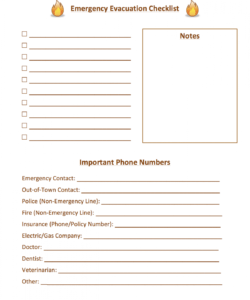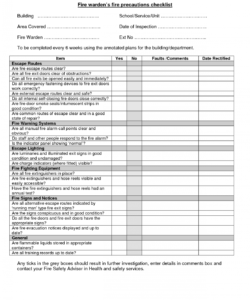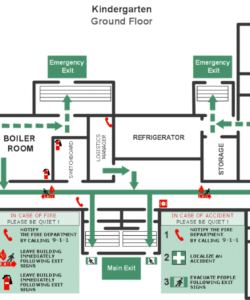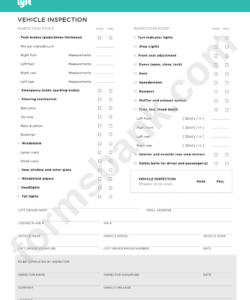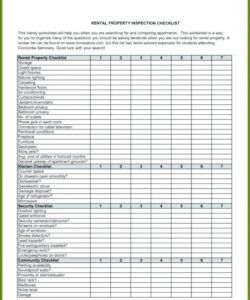Fire evacuation checklist template, Historically, checklists were simple to-do lists that served as reminders; attend the sales conference, fax or mail the contract to an individual client, or distribute a worker memo. Even today, most dictionaries define a record for a record that acts as a reminder for a collection of jobs to be finished. But, checklists have now evolved into significant business management tools that do much more. Along with record action items, checklists are effective business processes that empower organizations to raise and progress systematically, and in a planned way. They’ve become significant organizational tools for both business ventures.
Many times a checklist can stop an unavoidable situation from turning into an emergency situation. By implementing a checklist you likely will have planned well enough you will have the ability to rapidly put a plan into action and avoid the catastrophe. To really be prepared (there are many elements to our own lives that integrate together, yet are clearly different) that there are several distinct types of checklists that are needed so you are prepared when any given situation arises. Here’s a list of some of the checklists You’ll Need to start your planning process:
Marketing checklists, business management checklists, employee development checklists, financial checklists, and several other such checklists allow you to plan business, marketing and sales strategies and organizational growth along with moving the company down a well-defined path.
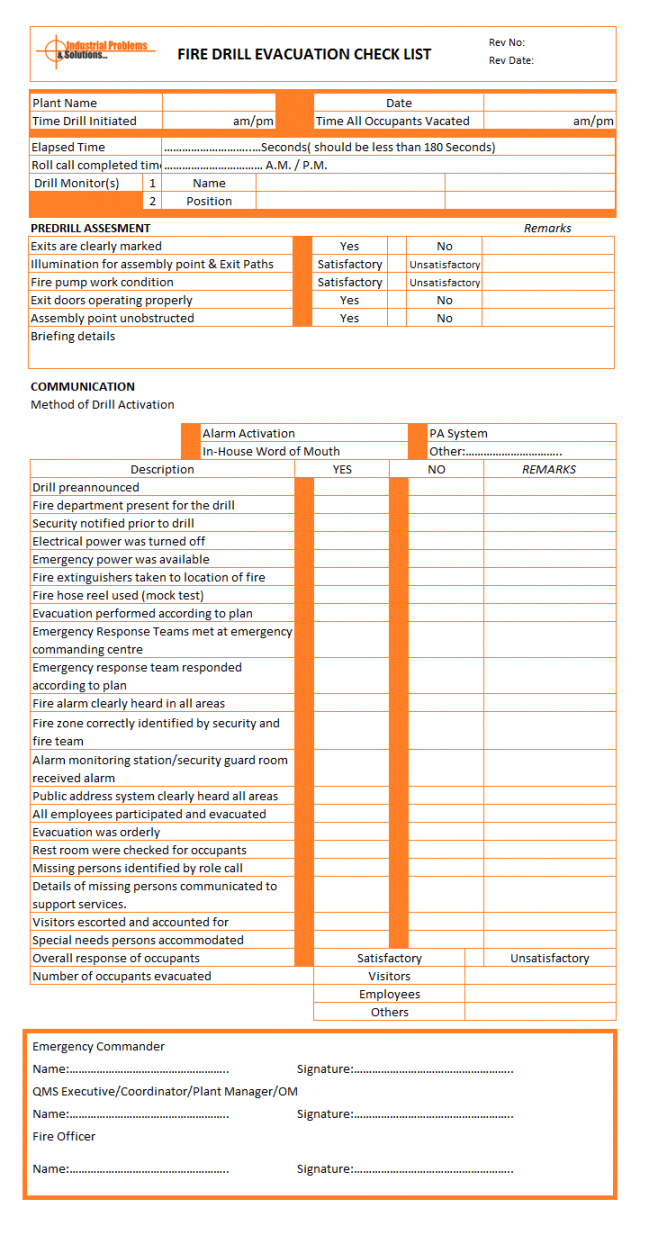
Business owners and managers from all size businesses now acknowledge the advantages of and comprehend the worth of checklists as a significant tool for company growth and gain. Checklists aren’t simply task lists, but they also carry important details about plan, key personnel responsible for actions, and required resources needed for success. Most of all, business checklists push all activity toward the target completion date and the intended company objective.
The purpose to using checklists in company is to run productively and efficiently, keep costs low, and earn a profit. As we’ve discussed previously through examples, checklists can be utilised in all facets of almost any kind or size operation. Checklists help to organize tasks, manage time, function more effectively, avoid excess expenses and wasteful ways, and ensure compliance with policies, laws, and processes. Checklists could be developed internally, can be purchased via a commercial source, or purchased and modified to satisfy your specific requirements. Purchasing a commercially accessible checklist that’s been analyzed by many other small business owners are able to save you a lot of money and time. However your checklists are created, their use contributes to a successful and rewarding business.
The significance of using a professionally designed direction checklist to function as a manual for handling your business operations can’t be overstated. A solid checklist aids management by coordinating important criteria, enhancing objectivity and guaranteeing reproducibility. A checklist makes preparation, monitoring and guiding operations, and appraising business objectives, an easier and a far more efficient process. With such a tool, you greatly enhance your ability to provide consistent customer service, meet your financial and profit goals, be focused and organized as well as operate your business more efficiently.

